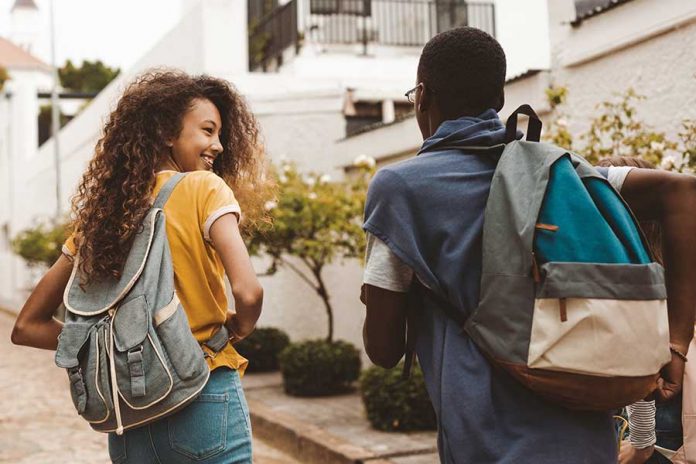On Feb. 13, during Black History Month, the Human Rights Campaign (HRC) Foundation released “Coming Out: Living Authentically as Black LGBTQ People.”
The HRC is the educational arm of the nation’s largest lesbian, gay, bisexual, transgender and queer organization. This online guide “is designed for those embarking on their own coming out journey at the intersections of LGBTQ and Black identities.” The guide aims to “recognize the unique experiences Black LGBTQ people have in coming out, while understanding that coming out is a personal choice and the lifelong coming out experience is different for everyone.”
This free, 66-page guide includes “grappling with faith traditions and teachings that may condemn or reject LGBTQ identities,” and details how Black LGBTQ people must deal with systemic racism and anti-Blackness in “all facets of their daily lives — including their LGBTQ identities.”
“As we mark the beginning of Black History Month, we celebrate those who made enormous sacrifices in their own lives to blaze a trail toward greater freedom and equality. At the same time, we must also confront the barriers that continue to exist for Black people and Black LGBTQ people,” said HRC President Alphonso David in a statement.
The 2019 Black and African American LGBTQ Youth Report noted that 44 percent of Black transgender and gender-expansive youth are out to their LGBTQ friends regarding their gender identity and only 13 percent are out to their parents. Sixty percent of LGBTQ youth are out to their LGBTQ friends about their sexual orientation but only 12 percent are out to their parents. Only 21 percent of transgender and gender-expansive Black youth are called by their correct pronouns, and 29 percent responded that they are able to dress in a way that reflects their gender identity. When looking at the intersection of race, 90 percent of Black LGBTQ youth said they have experienced racial discrimination and 91 percent said racism has impacted the lives of their friends and family.
Here is a sample of what LGBTQ teens from the Gay-Straight Alliance in a nearby South Jersey high school had to say about HRC’s new resource:
“I think it would be cool for people who want to use it. It’s really hard for some people to come out, and it would be a lot easier if people were educated and stuff about it, because, for some people, it’s dangerous to come out because of where they live or if they have a homophobic family or whatever, but if it helps people to come out and be who they are, then I think the resource would be great. I’m already out so I wouldn’t really need the help or anything.”
“While I am grateful for the movement over the last 60 years to help normalize the LGBTQ+ community (to others) and to make it safer for LGBTQ teens to be themselves, there is still so much learned ignorance that causes parents to become rude and hateful or even violent towards their children when they come out. If there is now a resource that could aid with these hard and unnecessarily uncomfortable times, it would be amazing! Not just for making sure that the children are safe and loved regardless, but also in educating parents to understand that they are simply projecting onto their children things they’ve been taught and forced to believe by society and their own parents. I would use a resource like this 100 percent, even if I was not a part of the LGBTQ community because I fully believe you are at your best when you don’t harbor hatred against people for being themselves simply because someone told you to.”
“It would have definitely been so much easier to come out for me if I had had a resource to back me up!”
“I don’t personally think a human rights organization should aid in coming out. I think it’s good for them to be there before and after coming out but coming out is the responsibility of the person (in the closet). I personally wouldn’t use this resource purely because I feel coming out should be personal and private for both the person coming out and the person finding out.”
“Coming Out: Living Authentically as Black LGBTQ People” is available as a downloadable PDF or a digital magazine. It provides insight into the complexities of coming out as a Black LGBTQ person, an explanation of language used in the resource, particularly “umbrella’ terms that encompass the entire queer or Black communities without distinguishing specific sub-groups or ethnicities within the Black race.
It also includes affirmations, circumstances to consider first, myth-busters, suggestions to manage expectations, and an understanding that each coming out journey is unique. The History & Culture section gives accounts of same-sex interactions throughout the African diaspora since the dawn of mankind.

